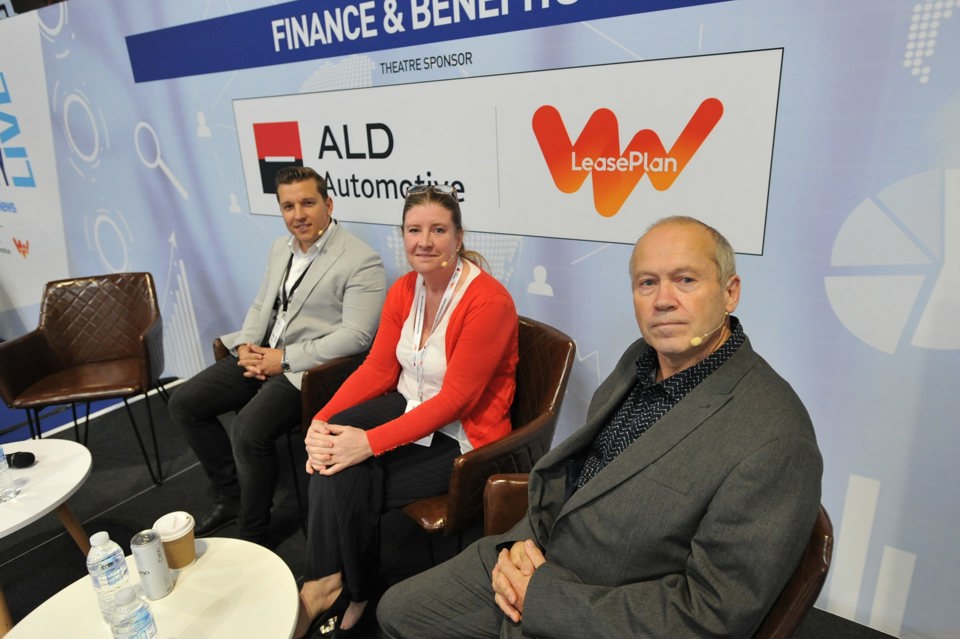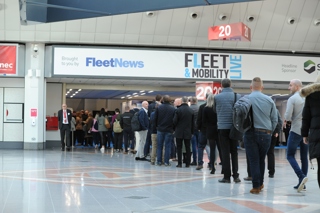Insurance experts at Fleet and Mobility Live provided hope for fleet operators that the aggressive rise in insurance costs, since the Coronavirus pandemic, could be coming to an end.
Tom Rogers, head of underwriting at Flock, told delegates that the last three years has been the “perfect storm” of events, leading to surging premiums for fleet operators.
Rising inflation, supply chain restrictions and a shortage of courtesy cars are just some of the challenges caused by the pandemic, the global semiconductor shortage and the war in Ukraine.
“Add all that together and you’ve got a heavy inflation of 15% in the industry,” Rogers said.
While insurance costs have been fairly steady for a while, there are early signs that things are improving.
Rogers added: “We generally see in the insurance industry a cycle. Inevitably it will come down. The supply chain has started to improve and there’s been a reduction in the cost of EVs. It’s going to have a knock on effect on insurance.”
Register now for 2024’s Fleet & Mobility Live
Vehicles are becoming more advanced, with a slew of safety systems designed to prevent accidents. But the technology only works effectively if drivers know how to use it.
Andrew Millinship, management executive - Transport Risk, at WTW Risk, said: “When vehicles are provided, the safety systems fitted must be explained to the driver. The driver needs to understand them and their limitations. A step up in training is required.”
Fleet operators can’t rely purely on technology to reduce accidents, however. Driver behaviour monitoring is still key to minimising claims, Fleet and Mobility Live delegates were told.
Christine Emery, account director at LeasePlan, said: “As we are more dependent on vehicle technology, we need to keep looking at driver skill and behaviour.
“As people are coming through that have not driven a more manual vehicle before and aren’t experienced in that way, the muscle memory is not there. Driver training is really key here.”
Data can be crucial to getting a better deal on your fleet insurance policy. Rogers advised delegates to make use of as much data as possible.
He also said the “fundamentals need to be in place”, if fleets want to expect a better price and pointed out that insurers aren’t necessarily looking for those making the biggest investment. Those that can demonstrate good processes and procedures at the on-boarding phase, a driver handbook and in-depth vehicle handovers can expect preferable rates.






















Login to comment
Comments
No comments have been made yet.